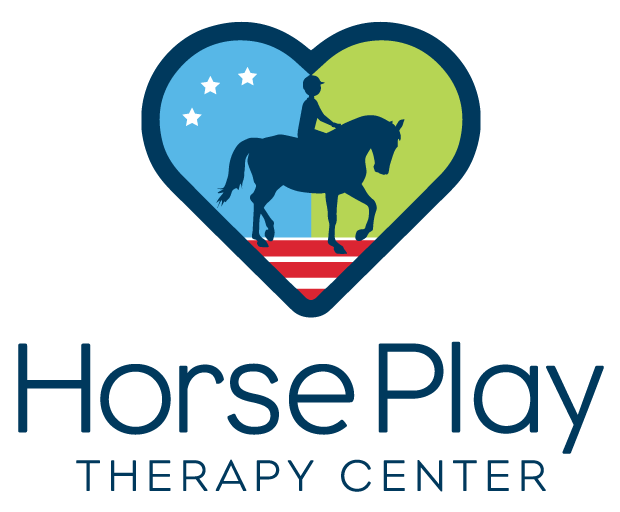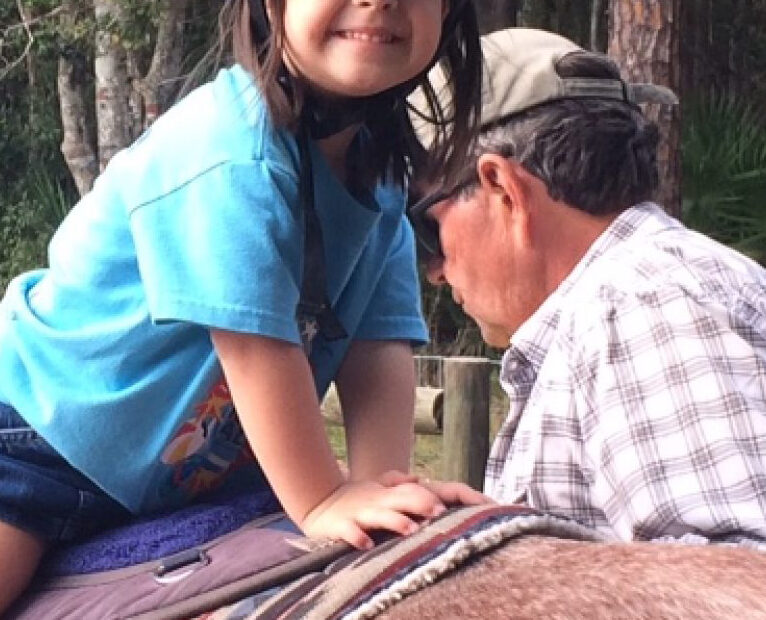Ojective: The purpose of this investigation was to determine whether hippotherapy increased function and participation in children with autism spectrum disorder (ASD). We hypothesized improvements in motor control, which might increase adaptive behaviors and participation in daily activities. Method: Six children with ASD ages 5-12 participated in 12 weekly 45-min hippotherapy sessions. Measures pre- and post-hippotherapy included the Vineland Adaptive Behavior Scales-II and the Child Activity Card Sort. Motor control was measured preintervention and postintervention using a video motion capture system and force plates. Results: Postural sway significantly decreased postintervention. Significant increases were observed in overall adaptive behaviors (receptive communication and coping) and in participation in self-care, low-demand leisure, and social interactions. Conclusion: These results suggest that hippotherapy has a positive influence on children with ASD and can be a useful treatment tool for this population.
Source: Researchgate.net

